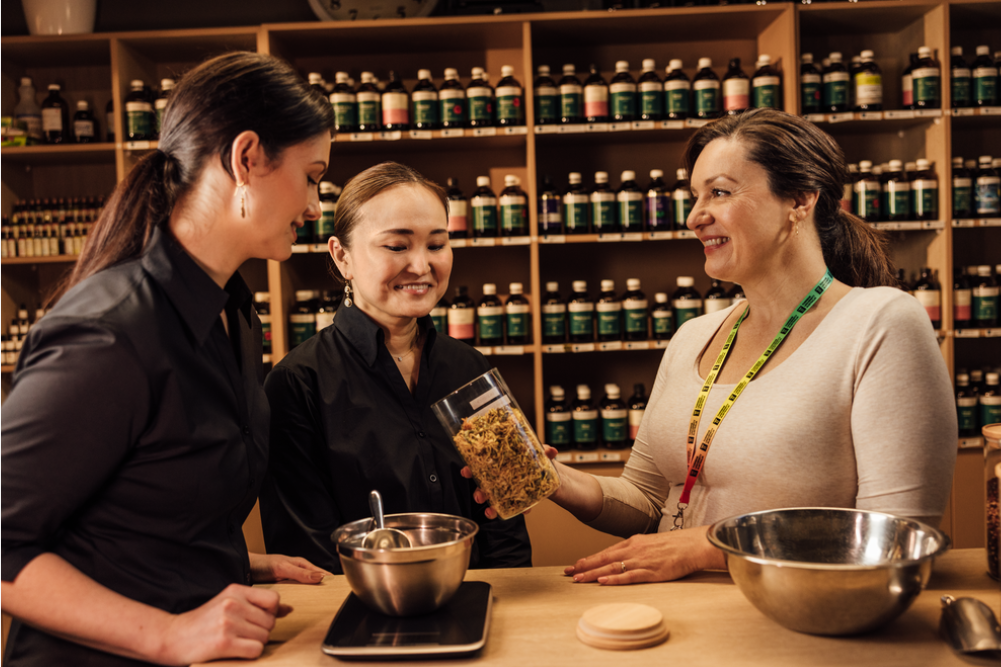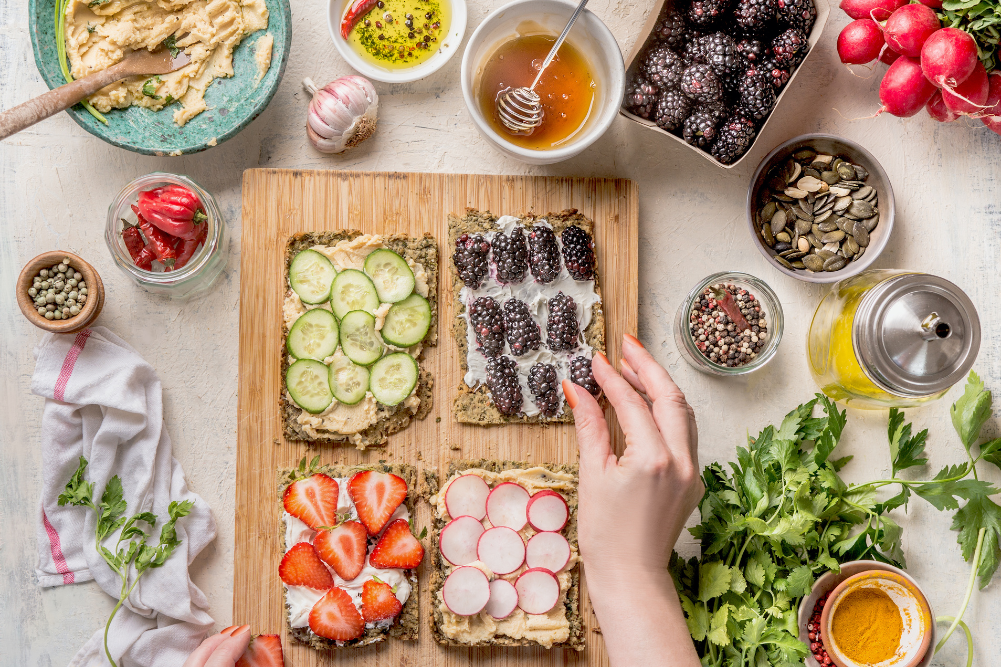
Top 5 Medicinal Herbs Used in Western Herbal Medicine (and What They Do)
Western herbal medicine has a rich history rooted in the traditions of ancient Greece, Rome, and Europe, and continues to thrive today as a holistic approach to health. It has evolved over the millennia, with global trade routes dating back hundreds of years leading to the adoption of medicinal plants from all around the world. So, what are the top 5 herbs in Western herbal medicine? Well, every herbalist will have their own favourites, so here are some of mine.
Turmeric (Curcuma longa)
Historically used as a spice with a bright golden colour, turmeric has become a cornerstone of the herbal treatment of inflammation.
What it Does:
- Reduces inflammation: Turmeric can be used for inflammatory conditions in various areas of the body, from the joints to the lungs.
- May be neuroprotective: Some studies suggest that turmeric can protect nerves against damage in conditions such as Alzheimer’s.
Tips:
The main active constituent (curcumin) is poorly absorbed, and high doses are needed for many conditions. This has led to lots of different sophisticated extracts on the market attempting to improve absorption, and they can work differently in different people. Emerging research is also showing that turmeric can change the way some drugs are metabolised in the body.
Ashwagandha (Withania somnifera)
Herbalists consider Ashwagandha to be an adaptogen – a herbal medicine which improves resilience to stress and disease. As a result, this herb from the Ayurvedic tradition, has reached extraordinary heights of popularity in recent years.
What it Does:
- Improves resilience: Ashwagandha optimises various aspects of nerve and hormone function to help you adapt to stress.
- Rebuild vitality: It is particularly beneficial for people recovering from serious illness.
Tips:
Ashwagandha’s popularity means that demand is outstripping supply. Some companies are using extracts made from the leaf, rather than the traditional root, and there are questions concerning the efficacy and safety of some of these extracts.
Chamomile (Matricaria chamomilla)
Italian grandmothers are not wrong – the simple chamomile is an essential herb! A staple of European and Middle Eastern herbal traditions, the versatility of chamomile is amazing.
What it Does:
- Calms the nerves: Chamomile can improve sleep or take the edge off when feeling uptight or anxious during the day.
- Calms the digestion: Chamomile helps relieve digestive spasm and bloating.
- Reduces inflammation: Chamomile can reduce stomach inflammation, and inhaling the steam from a strong cup of tea can also be good for sinusitis.
Tips:
Chamomile is great as a tea. Make sure to cover the cup with a lid (or brew in a French press) to reduce the evaporation of the essential oils.
Olive leaf (Olea europaea)
The 19th century British botanist Daniel Hanbury wrote about the use of olive leaf to treat fevers and malaria, but Spanish doctors were using it long before that.
What it Does:
- Reduces risk of some infections: Research suggests that olive leaf may reduce the invasion of some viruses into cells.
- Reduces symptoms of some infections: By reducing inflammation and fever, it can make you feel better.
- Supports cardiovascular function: Research shows that olive leaf can lower blood pressure and other heart disease risk factors.
Tips:
Not all olive leaf extracts are created equal, as my own laboratory research has shown. Oleuropein is one of the key active constituents, but some extracts have very little. Look for a product which provides at least 75mg of oleuropein per daily dose.
Ginkgo (Ginkgo biloba)
Also known as the Maidenhair Tree, Ginkgo is the only surviving member of its botanical family, protected by widespread cultivation in China for thousands of years. Despite this, Ginkgo leaves have very little historical use in Traditional Chinese Medicine and instead entered mainstream herbal use in the 1970’s, based on research conducted by a German scientist, Willmar Schwabe III.
What it Does:
- Improves circulation: Ginkgo leaves support circulation, especially to the extremities (hands and feet), and the brain.
- May improve nerve and brain function: Research indicates that Ginkgo may be useful in people with depression, early-stage cognitive decline, and even dementia.
Tips:
Due to its popularity, there is a lot of adulteration of Ginkgo products on the market, meaning that you might have a Ginkgo tablet which looks good on the label, but is actually poor quality. Purchasing Australian products can help reduce the risk due to the more stringent regulations on quality imposed by the TGA (Therapeutic Goods Administration). Ginkgo leaf can also interact with some blood-thinning medications.
Final Thoughts
Western herbal medicine offers a natural, holistic approach to health that complements conventional treatments. Whether you’re looking to improve immunity, reduce inflammation, support digestion, or improve resilience, these herbs provide time-tested solutions backed by both tradition and modern research.
As always, it’s important to consult with a qualified herbalist or naturopath before starting any herbal medicine, especially if you’re taking medications or have underlying health conditions. If you are interested in pursuing a career in Western Herbal Medicine, visit torrens.edu.au to learn more about the Bachelor’s degree.
Article written by Ian Breakspear: Senior Learning Facilitator – Naturopathy & Western Herbal Medicine, Torrens University Australia
Subscribe
Subscribe to a newsletter to receive latest post and updates


